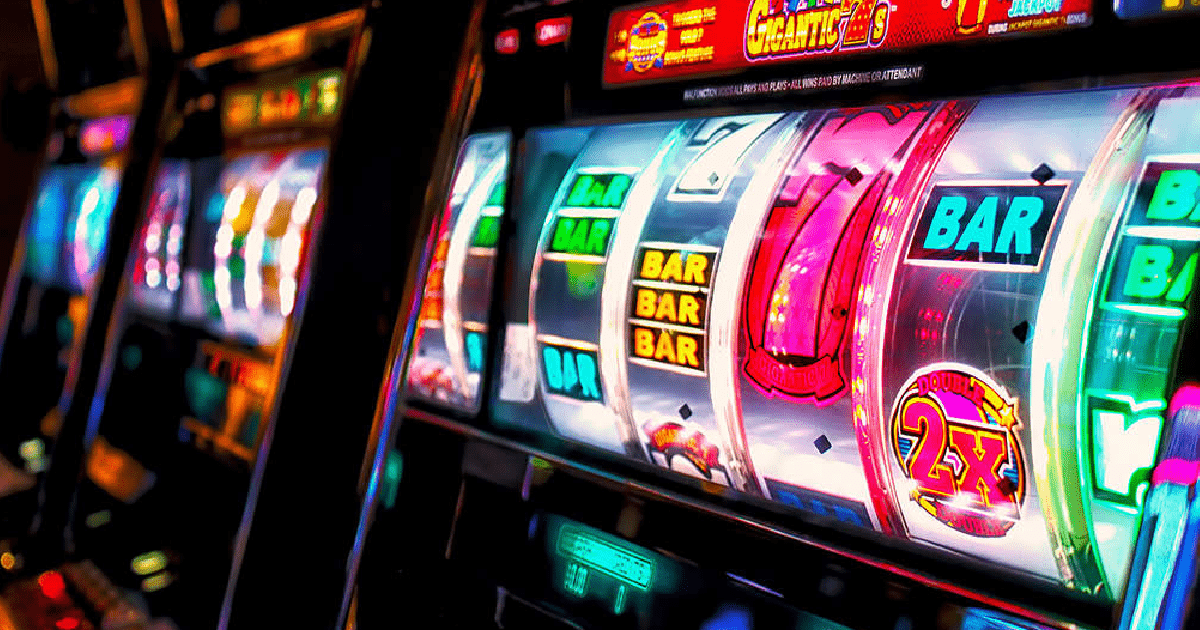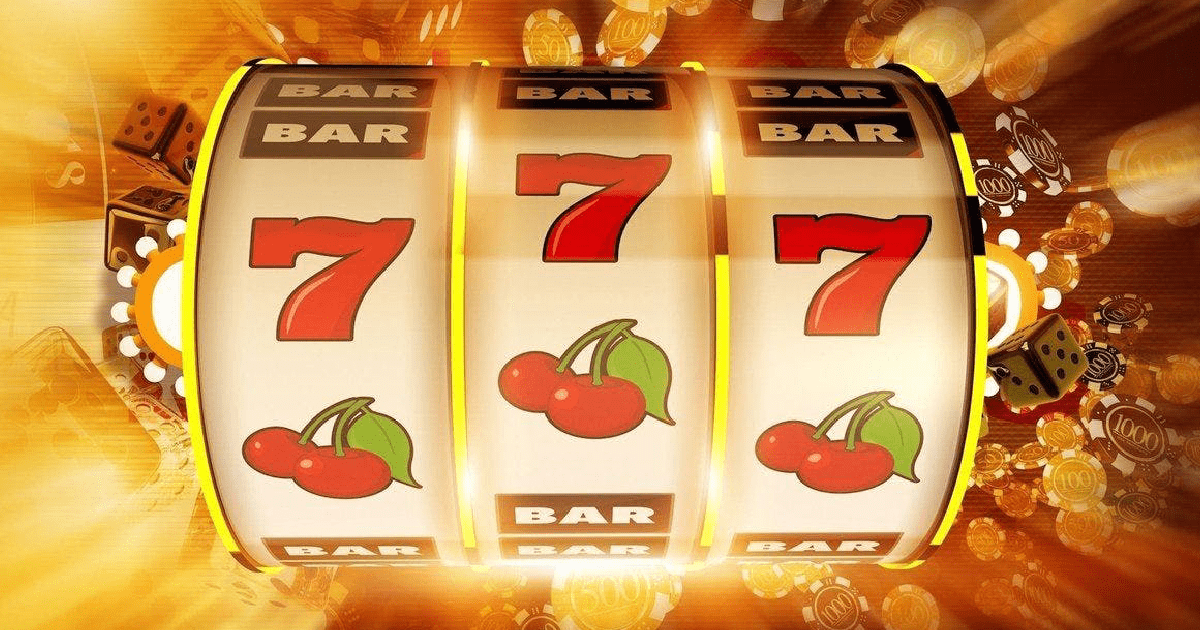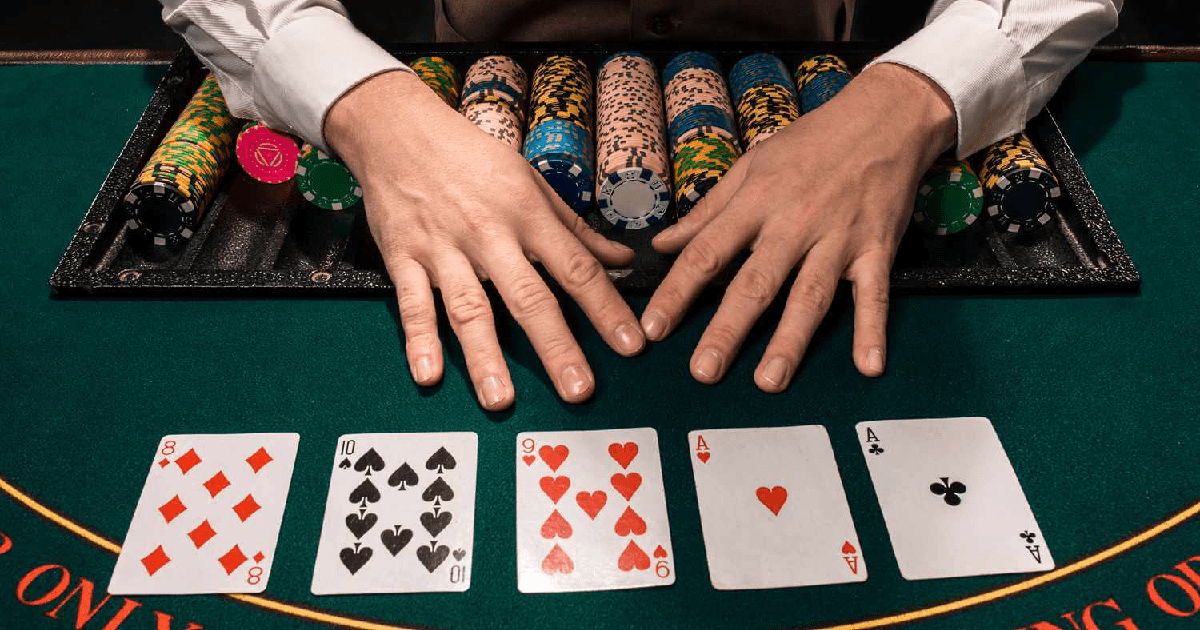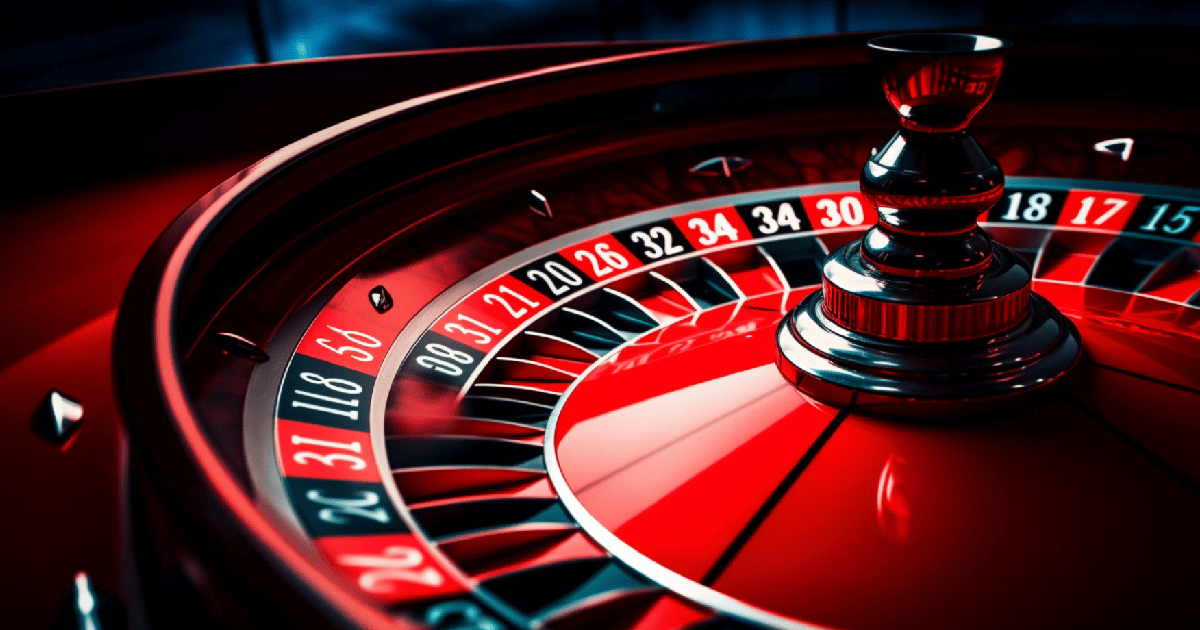Because there is little barrier to entry for new players, blackjack is a popular game. Each card in the deck has a specific function in the game, and the rules are straightforward.
Face cards are worth ten, and number cards are worth their face value. However, an ace card in your hand is special because you can influence its function to some extent.
Your Hand Determines the Ace Card's Value
An ace in a standard blackjack game can be worth either one or eleven. The value of the other cards in your hand will determine that. For instance, your ace turns into an 11 to give you a blackjack if the other cards in your hand total 10. However, your ace is a one, so you have a respectable total of 19 if your other cards add up to 18.
The rules for ace cards are different in some variations of the blackjack game. This is yet another reason to review a game's rules before playing.
Changes to the Blackjack Ace Card Rules
How many aces you have and any variations in the rules of the particular game you are playing are the two main factors to take into account when deciding how to play your aces in blackjack. For instance, splitting a pair of aces is typically advised in a standard game to improve your chances of winning.
You'll want to try for a natural blackjack in particular if you get an ace as your first card because some versions of the game offer a special bonus for a natural blackjack (two cards that add up to 21: an ace and a 10-value card). In any case, you should always play blackjack using the probabilities.
In any blackjack game, an ace is typically a welcome sight. You can prevent wasting it by understanding its function in the game.









